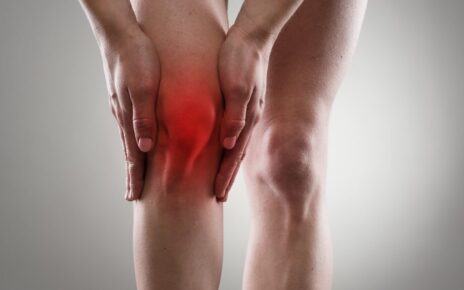Caring for one’s teeth becomes more important with age. As we grow older, our oral health needs change. A general dentist sees how these changes affect overall well-being. The good news is that routine care is more effective after treatment. It helps maintain a healthy smile and prevents issues down the road. From daily brushing to regular check-ups, each step plays a crucial role. Sometimes, emergencies happen. In such cases, finding an emergency dentist in port richey can make a significant difference. Let’s explore the essential aspects of oral care for the elderly and how to keep those pearly whites shining bright.
Common Dental Concerns in the Elderly
As we age, several dental concerns become more common. Understanding these can help in taking proactive measures:
- Tooth Decay: The risk increases due to receding gums and dry mouth.
- Gum Disease: Often caused by plaque buildup and poor oral hygiene.
- Tooth Loss: Can affect eating habits and overall nutrition.
Addressing these issues early can prevent more extensive treatments later. According to the Centers for Disease Control and Prevention, nearly one in five adults aged 65 and older have untreated tooth decay.
Essential Oral Care Practices
Maintaining good oral hygiene is vital for everyone, especially the elderly:
- Brush twice a day with fluoride toothpaste.
- Floss daily to remove plaque between teeth.
- Visit the dentist regularly for cleanings and check-ups.
These simple practices can help prevent many common dental problems.
Comparing Oral Health Products
Choosing the right oral health products can make a big difference. Here’s a quick comparison of some essentials:
| Product | Features |
|---|---|
| Toothbrush | Soft bristles, electric options available, ergonomic handle |
| Toothpaste | Fluoride content, sensitivity options, whitening formulas |
| Mouthwash | Alcohol-free, fluoride content, antibacterial properties |
Investing in quality products tailored to specific needs can greatly enhance oral care routines.
Addressing Dry Mouth
Dry mouth, or xerostomia, is prevalent among the elderly. It can lead to increased tooth decay and gum disease:
- Increase water intake to stay hydrated.
- Use sugar-free gum or candy to stimulate saliva production.
- Discuss with a dentist about saliva substitutes if needed.
The National Institute of Dental and Craniofacial Research provides resources for managing dry mouth effectively.
Nutrition and Oral Health
Nutrition plays a critical role in maintaining healthy teeth and gums:
- Consume a balanced diet rich in vitamins and minerals.
- Limit sugary snacks and drinks to prevent tooth decay.
- Stay hydrated to support saliva production.
Healthy eating habits contribute to overall wellness, including oral health.
Preparing for Dental Emergencies
Despite our best efforts, dental emergencies can occur. Knowing how to handle them can reduce stress and prevent further damage:
- Keep a dental first-aid kit handy with essentials like gauze and pain relievers.
- Contact an emergency dentist promptly if issues arise.
Being prepared helps manage unexpected dental problems calmly and effectively.
Conclusion
Oral care for the elderly is an essential part of maintaining overall health. By understanding common issues, practicing good hygiene, and choosing the right products, we can ensure a healthy smile for years to come. Regular dental visits and staying informed about potential oral health challenges make all the difference in aging with confidence and grace.





